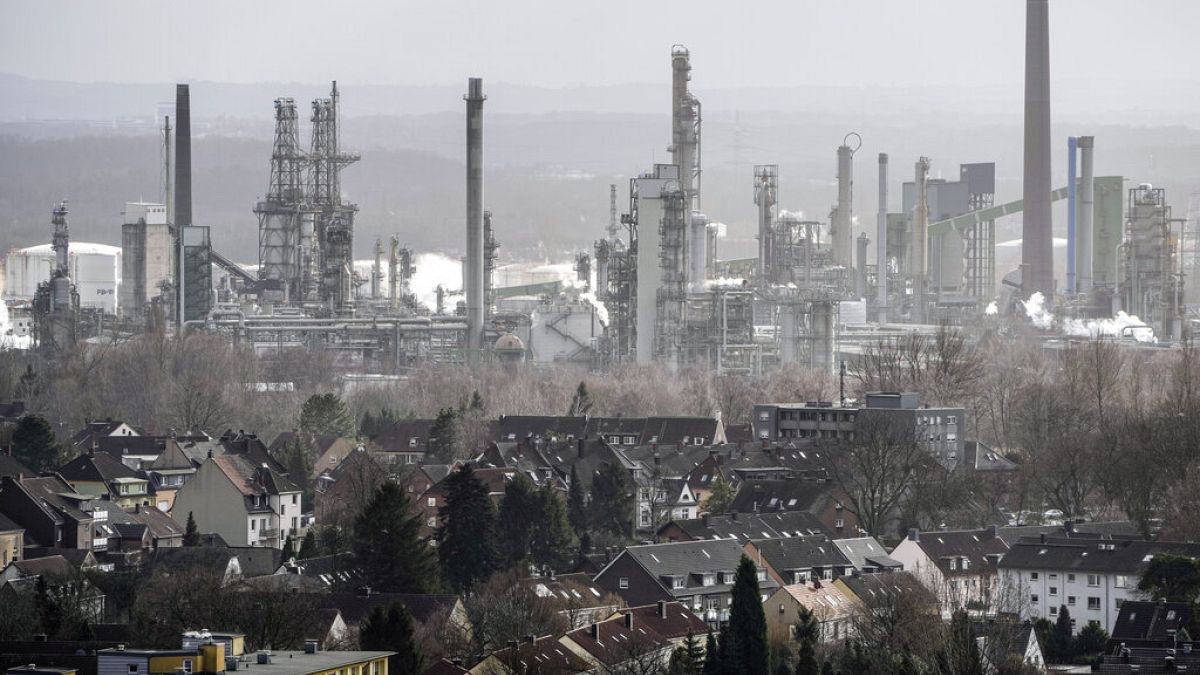The impact of lockdowns on children's education during the Covid-19 pandemic may have set back the chances of increasing global economic growth by up to 40 years, according to the Organisation for Economic Cooperation and Development (OECD).
The bleak prediction was put forward by the OECD in its February 2024 interim economic outlook: "Strengthening the Foundations for Growth."
The interim report looks at the global economic outlook and inflation forecasts for 2024, as well as ongoing geopolitical risks such as trade disruptions from the Red Sea conflict.
Lockdown impact on children's education could slow growth
There was an unprecedented drop in mathematics and reading test scores amongst 15-year olds between 2018 and 2022, the years spanning the pandemic, the report revealed, citing the OECD's 2023 global Performance for International Student Assessment (PISA) report.
The reduction in scores could potentially have spillover negative effects on global productivity, knowledge diffusion and innovation for between 30 and 40 years, the OECD estimated, as a result of lower scores affecting secondary school grades and, eventually, college and employment opportunities down the line.
These scores could mainly be attributed to several schools and learning courses implementing online learning during the pandemic lockdowns, the report said, as children from more economically disadvantaged situations did not gain the benefit from online learning as other pupils did, because of a lack of resources.
Such disadvantages ranged from lack of internet access or computers, study space, and even teacher and peer support, among others. With lockdowns lasting for years in some countries, a number of students also saw an impact on their mental health, also translating to their academic life.
According to British Conservative MP Duncan Smith, as reported by This Is Money: "A lot of us knew what was going to happen. For children to be shut out of school was a disaster."
Educational reforms are the way to go
The test scores have, however, also highlighted some key flaws in several educational systems that were in existence long before the pandemic, and clearly show the need for changes.
These include a higher standard for teachers' qualifications, as well as a better quality of teaching. There needs to be more support for disadvantaged schools and children in the form of better and more effective resources, the report said.
Furthermore, for older and returning students, as well as existing ones, more choices in lifelong learning, skills-based courses and vocational training is needed, which should ideally be tailored to current market requirements.
Inflation to reduce more in the next couple of years
According to the OECD, the majority of G20 countries should see inflation back close to or within target by the end of next year. For 2024, G20 countries' headline inflation is expected to be around 6.6%, with core inflation averaging about 2.5%.
Headline inflation for G20 economies in 2025 is forecast to be about 3.8%, with core inflation down to 2.1%.
Central banks and economic institutes, however, are likely to continue taking a cautiously optimistic and data-driven approach, with the Bank of England choosing to keep interest rates stable at 5.25% at its February meeting. This is in order to be absolutely sure that inflation drivers are under control before taking any key monetary loosening steps.
The report highlights: "Monetary policy needs to remain prudent to ensure that underlying inflationary pressures are durably contained. Scope exists to start lowering nominal policy rates provided inflation continues to ease, with policy rate reductions beginning in the United States and the euro area by the second and third quarters of 2024 respectively, but the policy stance should remain restrictive for some time to come."
Red Sea disruptions expected to inflame shipping delays and raise costs
The OECD estimates that, in 2022, approximately 15% of global maritime trade volumes travelled through the Red Sea. With the Houthi attacks in the Red Sea still showing few signs of abating, shipping costs for a number of companies have risen rapidly.
This is mostly due to the several companies such as Hapag Lloyd, Maersk and Mediterranean Shipping Company (MSC) announcing they would be pausing transits through the Red Sea due to the increasing danger of attacks on commercial ships.
Other companies have had to go around the African continent, via the Cape of Good Hope and have seen their travel lengths spike by 30% to 50%. This has mainly impacted trade routes and schedules from Asia to Europe.
This has led to concerns arising about shipping capacity worldwide. Several companies had already placed more orders for container ships following the pandemic so it is hoped that will now help fill the supply gap and eventually decrease costs.
Shipping costs can have a powerful impact on global inflation, with several European retailers such as Tesco, Primark, Next and Marks and Spencer warning that the Red Sea situation could lead to price rises for several products, as well as others being unavailable or in short supply.
As such, the OECD estimates that, if shipping costs continue to grow, annual import price inflation could potentially see a hike of about 5%. This in turn could see consumer price inflation inching up by about 0.4% in around one year.



